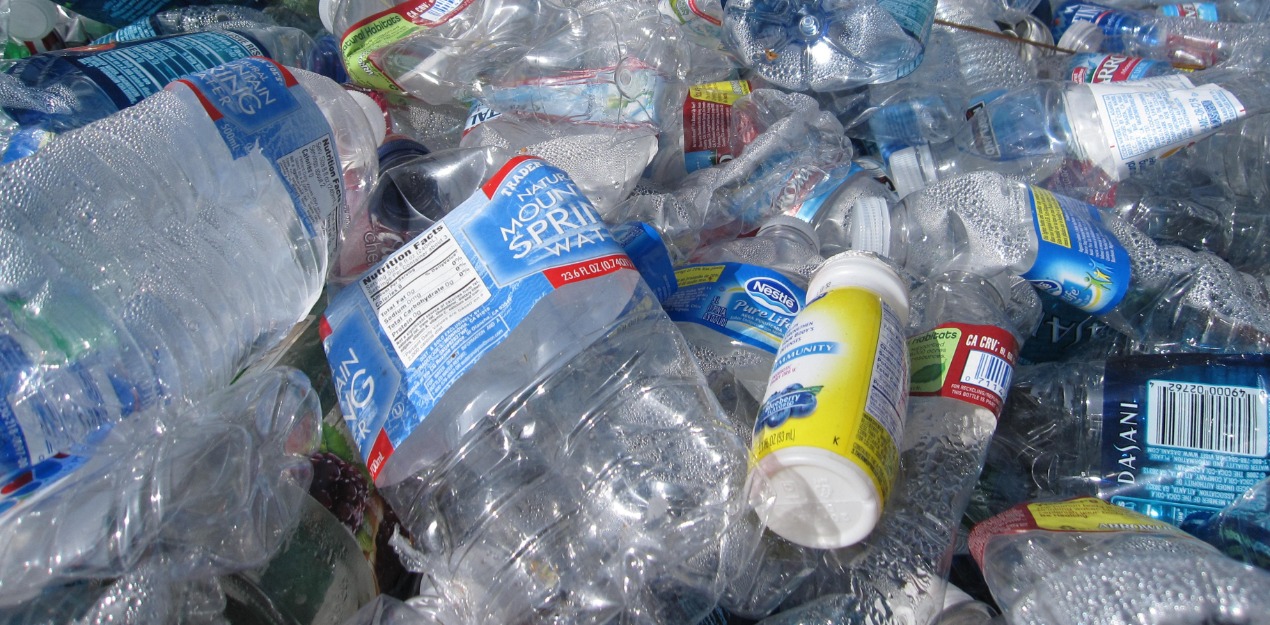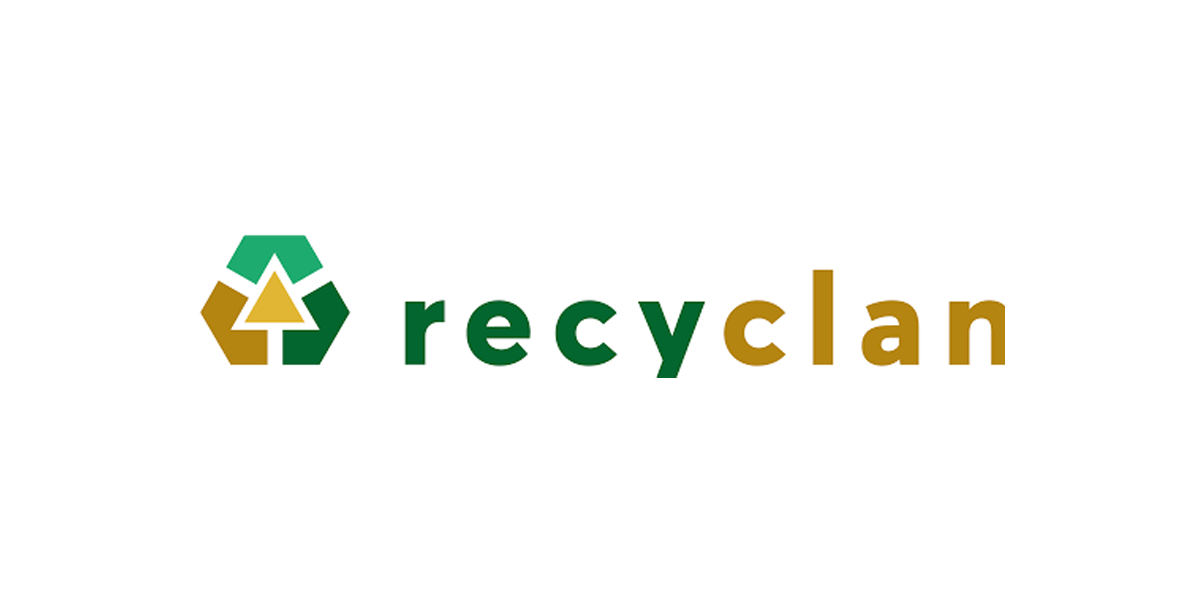AÑO
2021
CATEGORÍA
Comunidad
OBJETIVOS
Producción y consumo responsables, Acción por el clima, Vida submarina, Vida de ecosistemas terrestres
PAL. CLAVE
Plastic, enzyme
PAÍS
France
CRÉDITOS
V. Tournier et al.
LINK
https://www.nature.com/articles/s41586-020-2149-4
Super-enzyme eats plastic bottles
An engineered PET depolymerase to break down and recycle plastic bottles
The main recycling process for PET, via thermomechanical means, results in a loss of mechanical properties. Here we describe an improved PET hydrolase that ultimately achieves, over 10 hours, a minimum of 90 per cent PET depolymerization into monomers, with a productivity of 16.7 grams of terephthalate per litre per hour (200 grams per kilogram of PET suspension, with an enzyme concentration of 3 milligrams per gram of PET). This highly efficient, optimized enzyme outperforms all PET hydrolases reported so far, including an enzyme, from the bacterium Ideonella sakaiensis strain 201-F6 (even assisted by a secondary enzyme) and related improved variants that have attracted recent interest. We also show that biologically recycled PET exhibiting the same properties as petrochemical PET can be produced from enzymatically depolymerized PET waste, before being processed into bottles, thereby contributing towards the concept of a circular PET economy.



